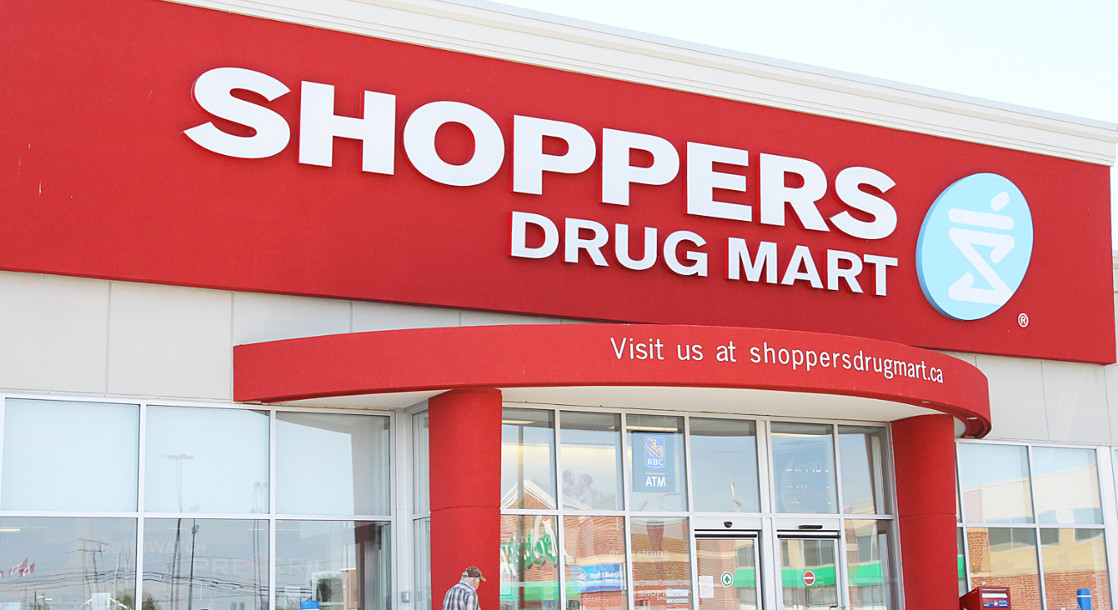Although medical marijuana is not traditionally covered under company-paid health insurance programs, the largest pharmacy chain in Canada has changed this by allowing thousands of workers to have access to medical cannabis under the company’s benefits package.
According to a report from The Star, Loblaw Companies Limited and Shoppers Drug Mart recently announced medical cannabis coverage as part of its employee health insurance.
The company stated that, effective immediately, insurance provider Manulife will cover the herb for patients suffering from “spasticity and neuropathic pain associated with multiple sclerosis and nausea and vomiting in chemotherapy for cancer patients,” up to $1,500 per year.
While the medical marijuana plan does not cover every qualified condition, the company says it will consider adding additional ailments as more clinical evidence becomes available.
Reports show around 45,000 employees will be eligible to take advantage of the new program. For those who use it, they will be required to pay for their marijuana out of pocket and then submit a claim for reimbursement. That’s strictly because cannabis does not yet have a Drug Identification Number, which has forced the insurer to do some finagling to provide this coverage.
It is no surprise that Shoppers is leading the way when it comes to cannabis medicine. Just last year, the company applied to become of the nation’s cannabis producers, intent on bringing a generic form of medical marijuana branded with the Shopper’s name to the company’s 1,300 pharmacies.
The company said its vision is to keep all medicine in the hands of professionals.
“Pharmacists are medication experts and play a significant role in the prescribing and monitoring of medication to ensure safe and optimal use,” Tammy Smitham, a company spokesperson, said in an interview with Globe & Mail. “We believe that dispensing medical marijuana through pharmacy, like other medications, is the safest option.”
It was announced earlier this week that Canadian liberals plan to legalize marijuana for recreational use before July 2018. It is not yet known exactly how the rise of a fully legal pot market will impact the country’s medical marijuana sector. Once marijuana becomes a fully legal product that can be purchased in retail shops without a prescription, it is conceivable that the idea of accessing the herb through the government’s medical marijuana program could eventually cease to be a relevant part of the national cannabis trade.











